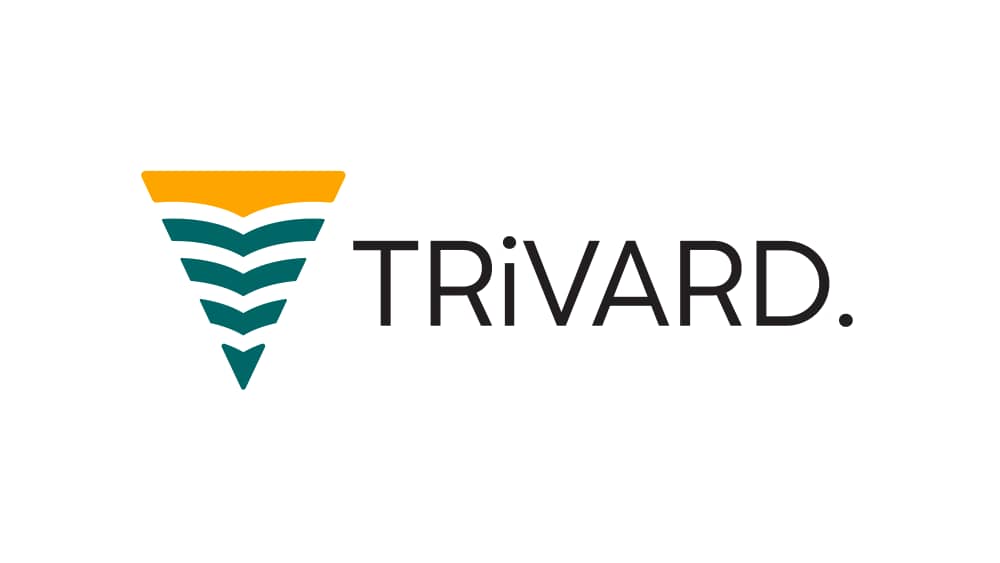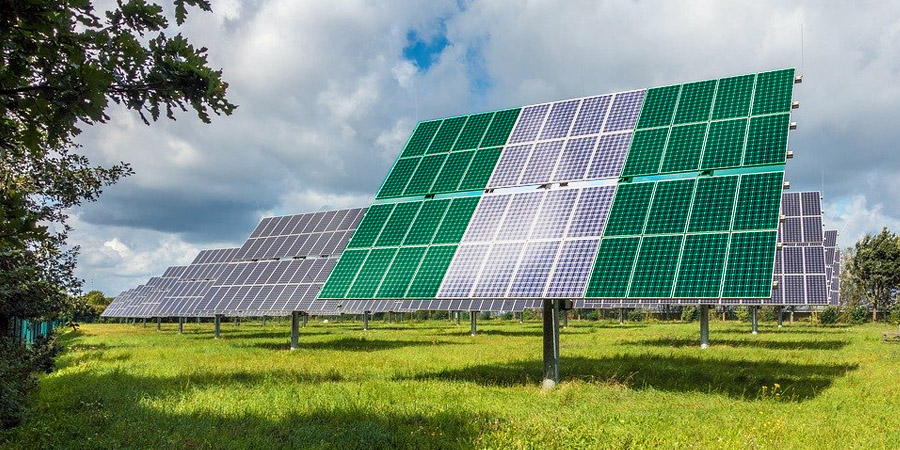Nigeria faces a persistent challenge of unreliable electricity and rising energy costs, making alternative energy solutions a necessity for households and businesses alike. Solar energy has emerged as a game-changer, offering Nigerians the opportunity to reduce electricity costs, minimize reliance on diesel generators, and improve energy reliability.
This step-by-step guide will empower you to harness the potential of solar energy, saving money while contributing to a greener planet. Whether you’re a homeowner or a small business owner, this practical guide will walk you through the benefits, installation process, and financing options for solar panels in Nigeria.
1. Why Solar Energy is the Solution Nigeria Needs
Addressing Power Challenges
Nigeria experiences frequent power outages, leaving millions of households dependent on expensive and noisy diesel generators. Solar energy offers:
- Consistent and reliable power supply.
- Drastic reductions in energy costs over time.
- A cleaner, noise-free alternative to generators.
Government Support for Renewable Energy
The Nigerian government has introduced policies and initiatives to encourage the adoption of solar power. Programs like the Rural Electrification Agency (REA) and the Solar Power Naija Initiative aim to provide affordable solar systems to millions of Nigerians.
2. Step-by-Step Guide to Saving with Solar Energy
Step 1: Assess Your Energy Needs
Begin by evaluating your household or business’s energy consumption. This includes:
- Calculating your daily electricity usage in kilowatt-hours (kWh).
- Identifying appliances that consume the most energy.
- Determining the number of solar panels required to meet your energy needs.
Pro Tip: Use a solar calculator or consult a professional installer to get an accurate estimate.
Step 2: Choose the Right Solar Panels
Not all solar panels are the same. Factors to consider include:
- Efficiency: High-efficiency panels like monocrystalline are ideal for limited roof space.
- Durability: Choose panels with warranties of 20-25 years to ensure long-term reliability.
- Brand Reputation: Trusted brands like SunPower, LG, and JinkoSolar provide high-quality products.
Step 3: Find a Reputable Installer
The quality of installation significantly impacts the performance of your solar system. Look for installers who:
- Are certified by the Nigerian Electricity Regulatory Commission (NERC).
- Offer comprehensive warranties on installation services.
- Have a proven track record of successful projects.
Step 4: Explore Financing Options
Solar systems require an upfront investment, but financing options make them accessible to more Nigerians. These include:
- Solar Loans: Offered by banks and microfinance institutions with flexible repayment terms.
- Pay-As-You-Go Models: Affordable monthly payments for low-income households.
- Government Subsidies: Programs that reduce the cost of solar installations.
Step 5: Maximize Savings with Battery Storage
Pairing solar panels with a battery system allows you to:
- Store excess energy generated during the day for use at night.
- Reduce dependency on the national grid or generators.
- Ensure power availability during outages.
Popular battery brands include Tesla Powerwall and Huawei LUNA.
3. The Cost-Benefit Analysis of Solar Energy
Upfront Costs vs. Long-Term Savings
While the initial cost of installing solar panels may seem high, the long-term benefits far outweigh the expense:
- Upfront Costs: ₦1,500,000 to ₦4,000,000 depending on system size.
- Annual Savings: Up to 70% reduction in electricity bills, translating to ₦300,000+ saved annually for an average household.
Increased Property Value
Homes equipped with solar systems sell faster and at a premium, as buyers prioritize energy-efficient properties.
4. Environmental Benefits of Solar Energy
Switching to solar energy contributes to environmental sustainability by:
- Reducing greenhouse gas emissions.
- Decreasing reliance on fossil fuels.
- Conserving natural resources.
In Nigeria, where diesel generators are a major source of air pollution, transitioning to solar energy can significantly improve air quality.
5. Common Myths About Solar Energy in Nigeria
Myth 1: Solar Panels Are Too Expensive
Fact: While upfront costs may be high, financing options and government incentives make solar systems affordable for most Nigerians.
Myth 2: Solar Panels Don’t Work in Cloudy Weather
Fact: Solar panels can generate electricity even on cloudy days, as they rely on sunlight rather than direct heat.
Myth 3: Maintenance Costs Are High
Fact: Solar panels require minimal maintenance, typically only periodic cleaning and inspections.
6. Real-Life Success Stories
Case Study 1: Rural School Electrification
A school in Kano installed a 10kW off-grid solar system, providing uninterrupted power for classrooms and computer labs. The school saved ₦1.2 million annually in diesel costs.
Case Study 2: Small Business Transformation
A bakery in Lagos adopted a hybrid solar system, reducing its electricity expenses by 60%. The savings were reinvested into expanding operations.
7. Future Trends in Solar Energy in Nigeria
Innovations to Watch
- Flexible Solar Panels: Lightweight panels for unconventional installations.
- Smart Solar Systems: AI-powered energy management for optimal efficiency.
- Community Solar Projects: Shared solar farms for collective benefits.
Expanding Accessibility
With decreasing costs and increasing awareness, solar energy is set to become mainstream in Nigeria, benefiting both urban and rural populations.
Take the First Step Toward Solar Savings Today
Solar energy offers Nigerians a practical solution to unreliable electricity and rising energy costs. By following this step-by-step guide, you can transition to renewable energy, enjoy significant savings, and contribute to a cleaner environment.
Don’t let high electricity bills or power outages hold you back. Invest in solar energy today and take control of your energy future.
Keywords: solar energy savings, renewable energy in Nigeria, affordable solar panels.

